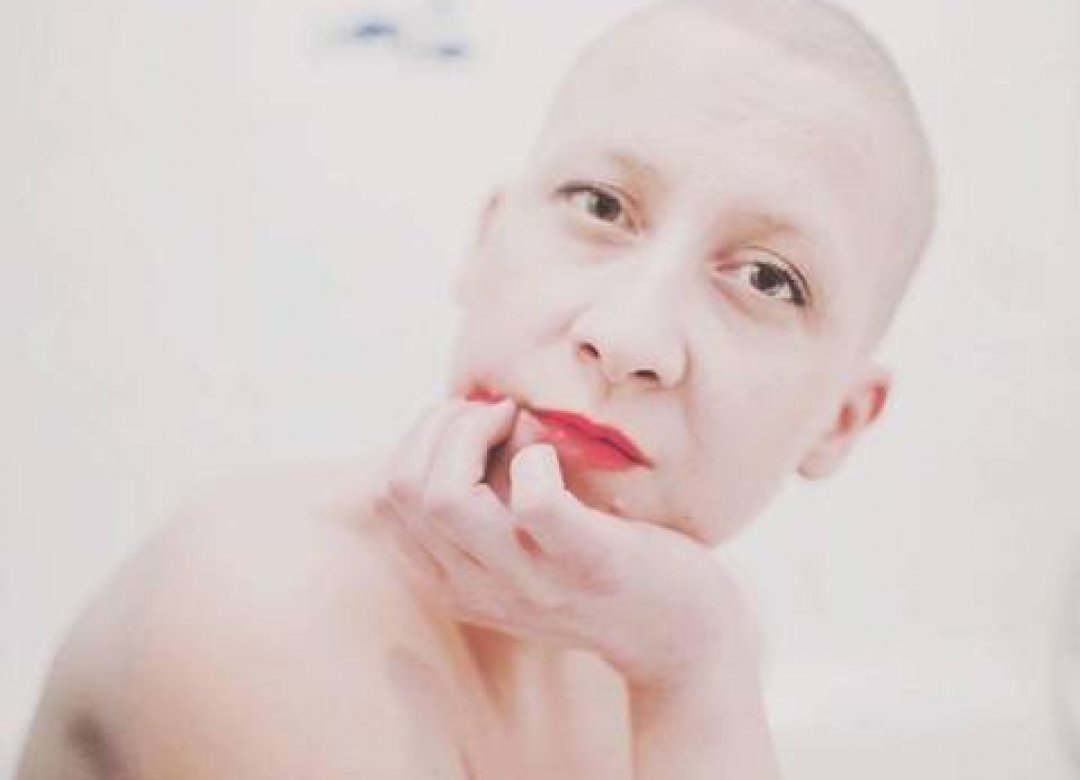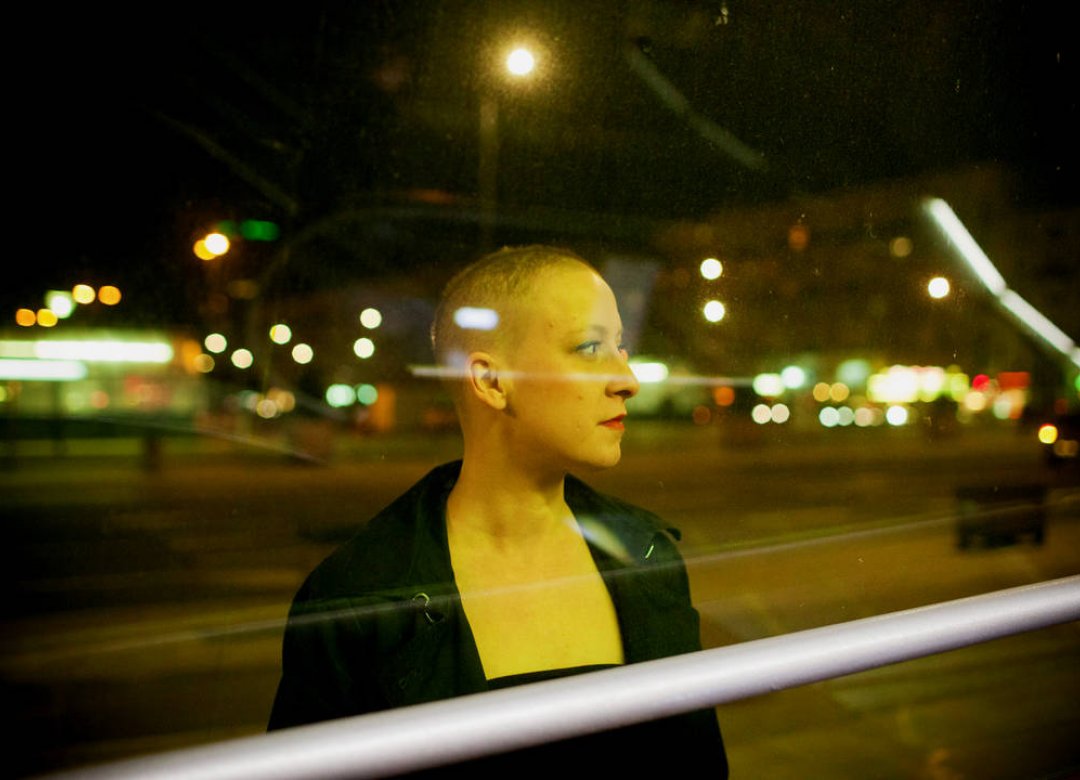Synopsis
The world learned about Aneta Żukowska's cancer when the picture of her won the Grand Press Photo 2016 in the Session Portrait category. She poses with a cigarette, half naked. Then she - a journalist- gave two interviews, for Tygodnik Powszechny and Newsweek. In the first interview she says outright: I have a cancer, incurable, rare, advanced. I am dying.
Aneta's disease is a "no future" type of cancer. What also describes her approach to the disease. Instead of "fight till the end" approach, imposed by culture, she proposes her own. She does not care for customs and conventions that have arisen around the discussion regarding fatal illness, according to which it can be talked about only in a way that does not make the healthy uneasy. Instead of fighting, she wants to enjoy the rest of her life. Instead of looking for a miracle, she prefers to look for fun. What she does want, is to use the disease for her own purposes: she runs a blog, gives interviews, writes a book, now wants to make a film about her. Through her actions, resembling performance, she wants to get to other sick people. What she does is not her private matter. She does that in the big city centre, in front of many people.
This uncompromising attitude draws the attention of the Director. He himself is known for his tough-minded movies, in which he often brings the topic of passing and fear of death. The Director sees in Aneta "his protagonist". She is not scared of death anymore. She came to terms with it, although it took a lot of effort. The Director creates his films fighting his own fears of passing, sickness and death. They both represent different attitudes towards the same fundamental issue.
Aneta agrees to be in a film that touches the taboo, which mortality has become in our civilization. This movie will be an encounter of the Director, who is afraid of death, and the protagonist, who came to terms with it.
Aneta's disease is a "no future" type of cancer. What also describes her approach to the disease. Instead of "fight till the end" approach, imposed by culture, she proposes her own. She does not care for customs and conventions that have arisen around the discussion regarding fatal illness, according to which it can be talked about only in a way that does not make the healthy uneasy. Instead of fighting, she wants to enjoy the rest of her life. Instead of looking for a miracle, she prefers to look for fun. What she does want, is to use the disease for her own purposes: she runs a blog, gives interviews, writes a book, now wants to make a film about her. Through her actions, resembling performance, she wants to get to other sick people. What she does is not her private matter. She does that in the big city centre, in front of many people.
This uncompromising attitude draws the attention of the Director. He himself is known for his tough-minded movies, in which he often brings the topic of passing and fear of death. The Director sees in Aneta "his protagonist". She is not scared of death anymore. She came to terms with it, although it took a lot of effort. The Director creates his films fighting his own fears of passing, sickness and death. They both represent different attitudes towards the same fundamental issue.
Aneta agrees to be in a film that touches the taboo, which mortality has become in our civilization. This movie will be an encounter of the Director, who is afraid of death, and the protagonist, who came to terms with it.
Gallery


